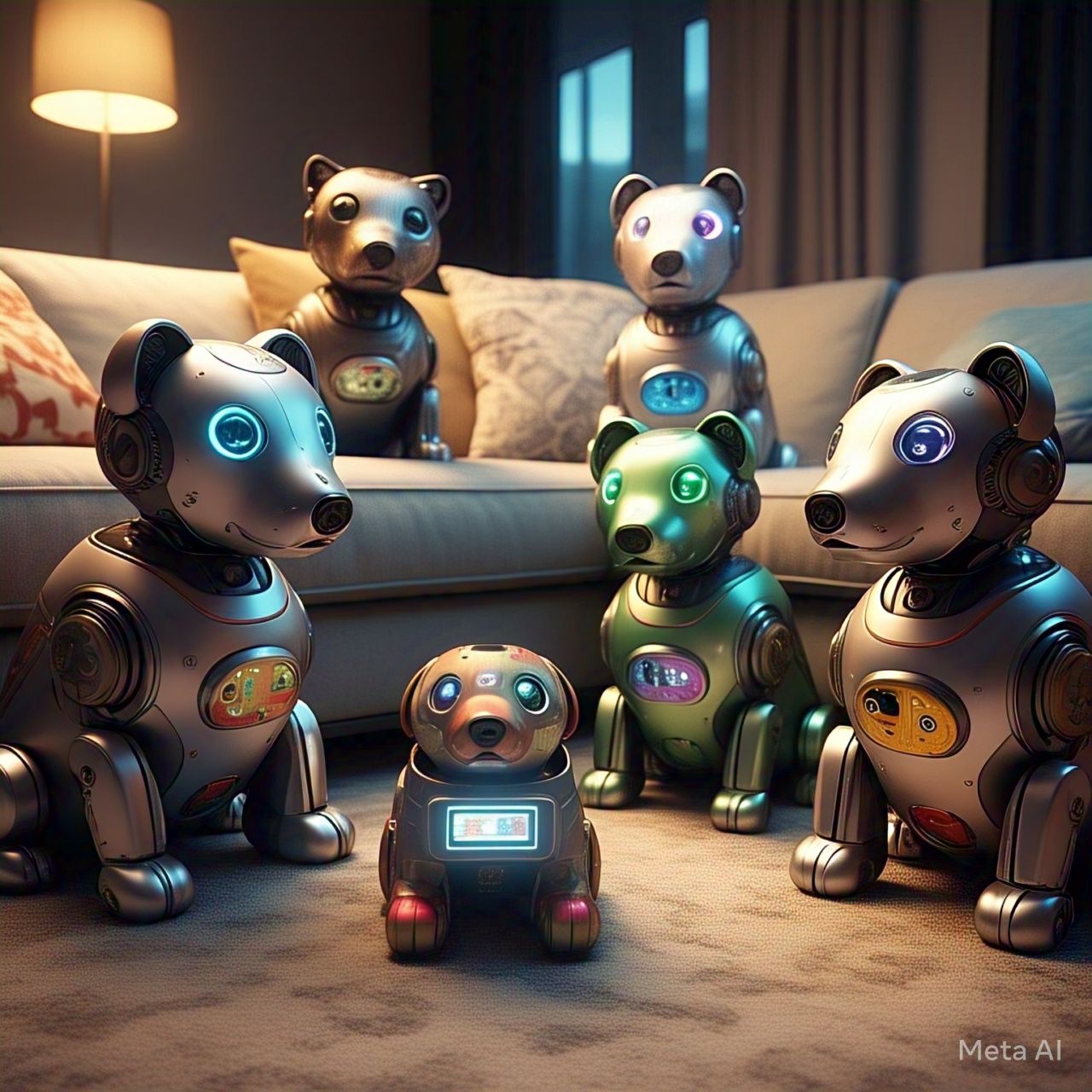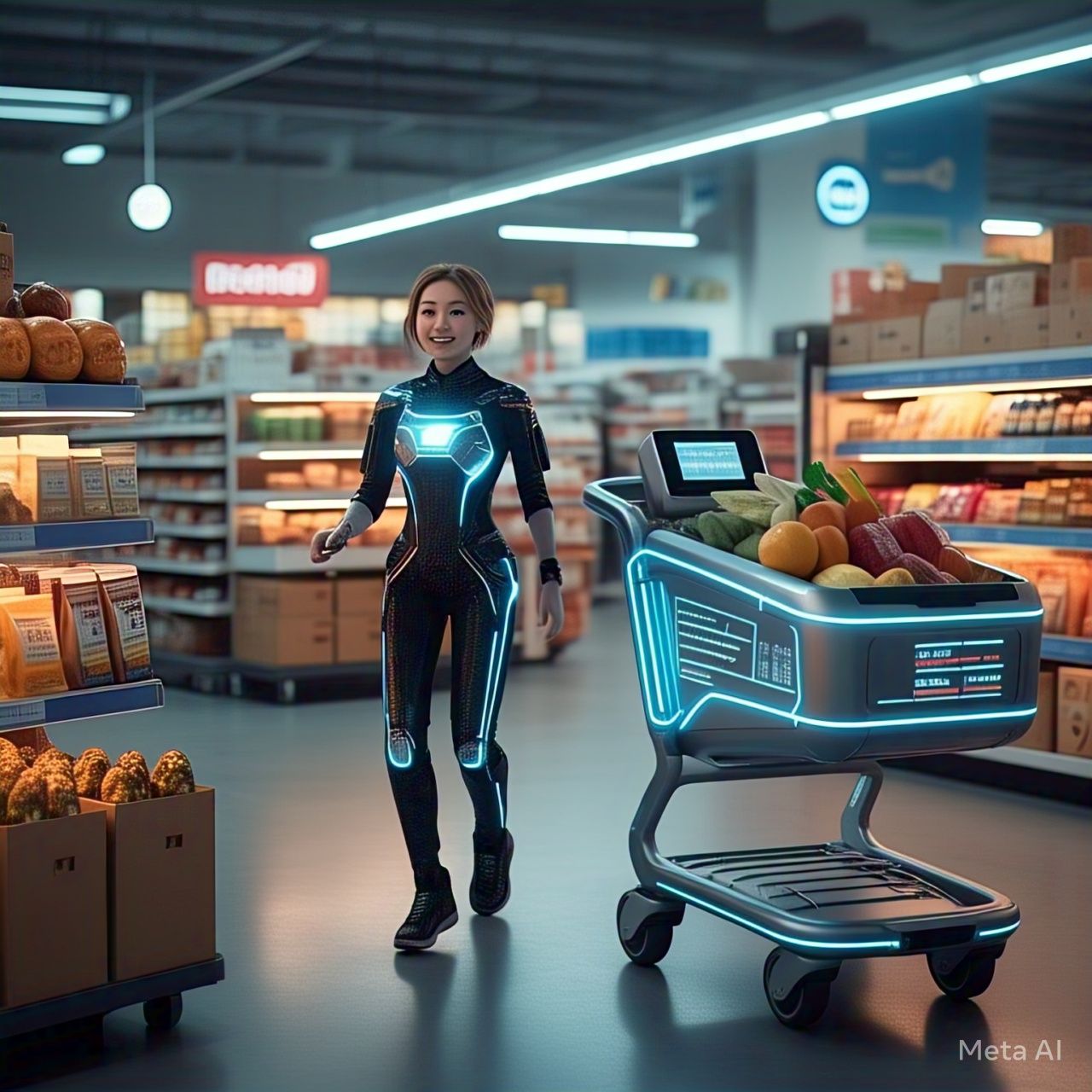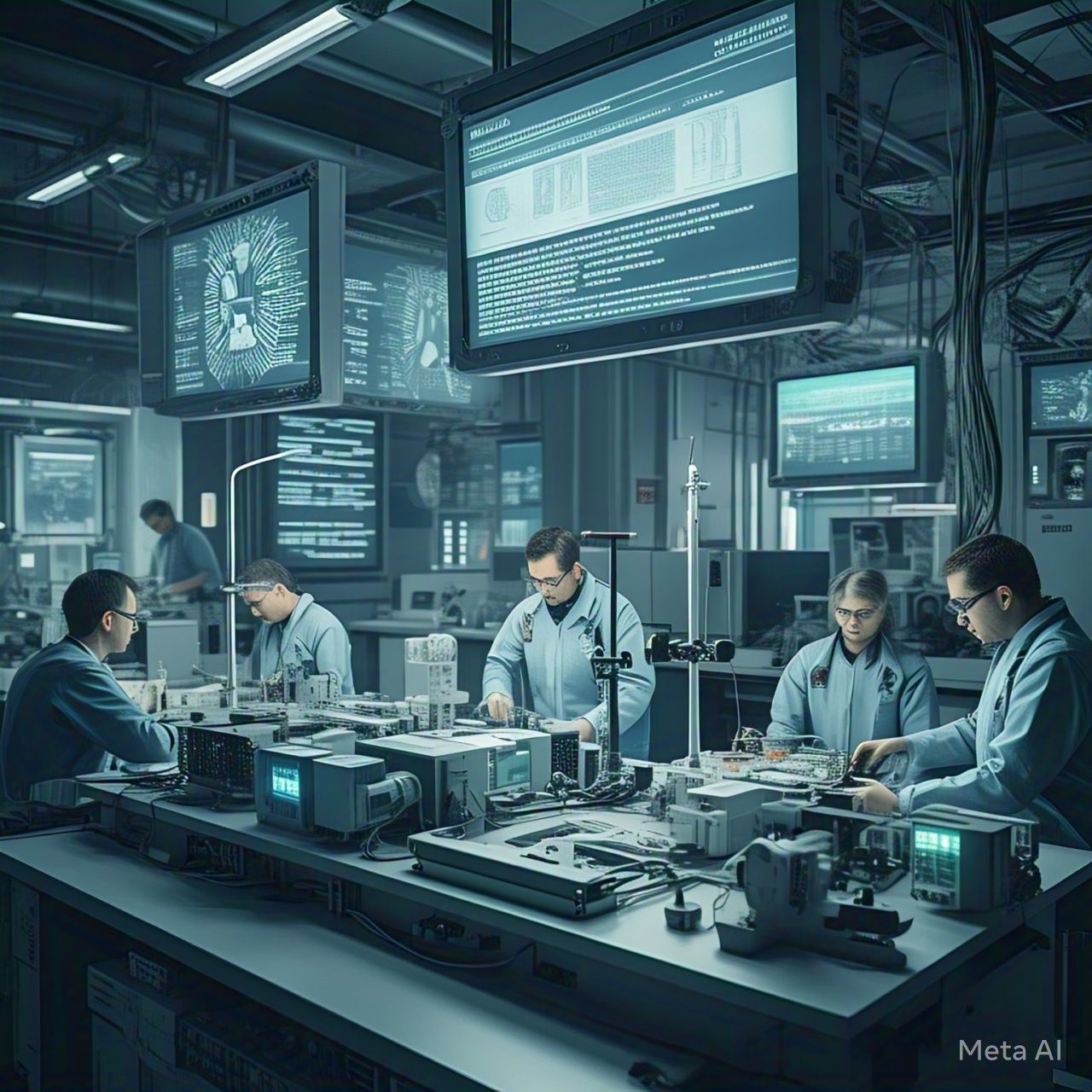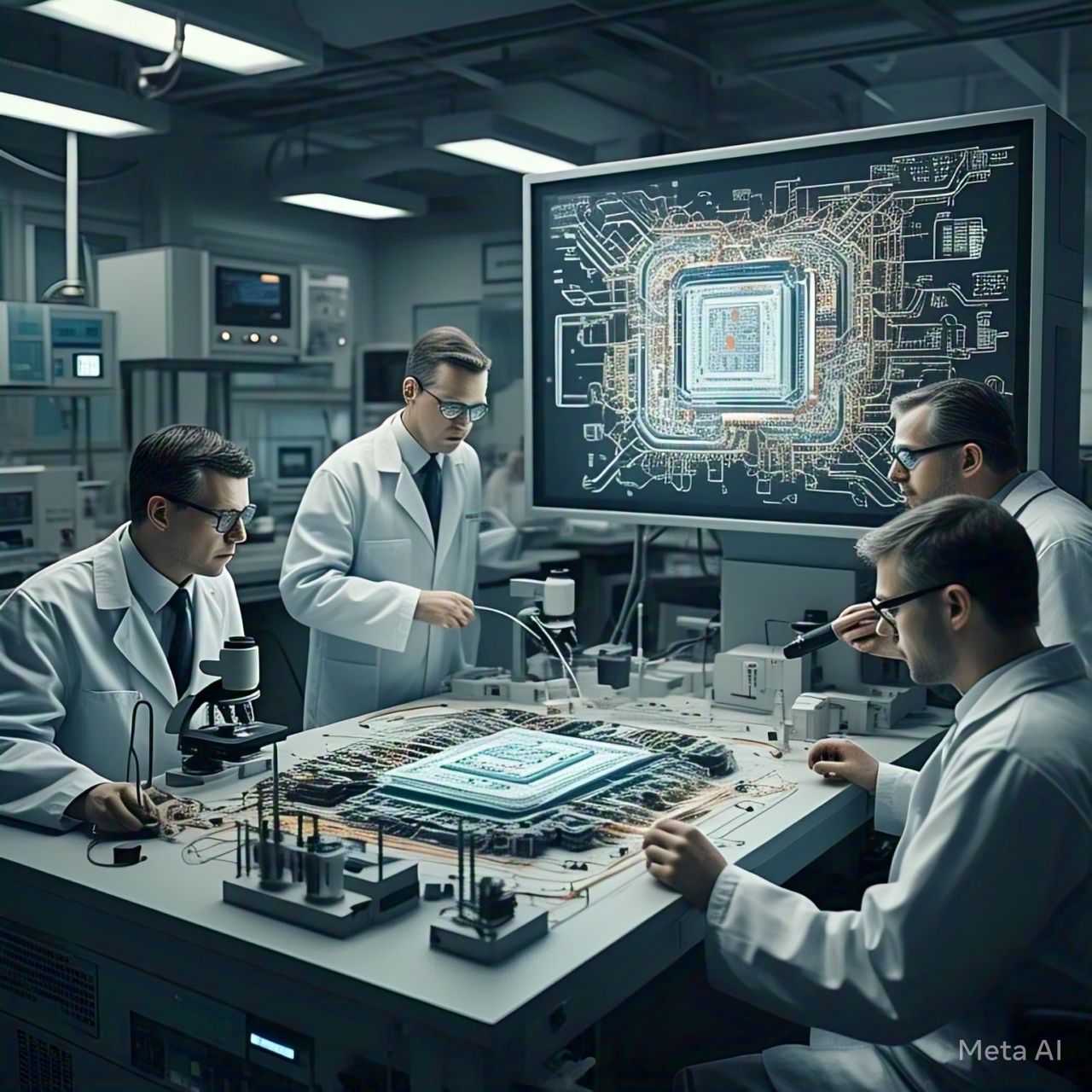Introduction
The bond between humans and pets has always been a source of emotional comfort, companionship, and joy. However, not everyone can own a live pet due to allergies, busy lifestyles, or living restrictions. Enter robo-pets—AI-driven robotic companions that mimic the behavior of real animals while providing companionship without the responsibilities of traditional pet care. As technology advances, these robotic pets are becoming more lifelike and emotionally responsive, offering a new kind of companionship beyond the organic. In this article, we explore the rise of robo-pets, their benefits, and the future of AI-driven pet companionship.
The Rise of Robo-Pets
1. AI-Powered Emotional Connection
Modern robo-pets, such as Sony’s Aibo and Ageless Innovation’s Joy for All robotic pets, use artificial intelligence (AI) to simulate real pet behaviors. These robotic companions can learn their owner’s preferences, respond to touch, and even exhibit emotions through movement and sound, creating a personalized bonding experience.
2. Low Maintenance, High Companionship
Unlike real pets, robo-pets do not require feeding, grooming, or medical care. This makes them an ideal solution for individuals who want companionship without the responsibility of daily pet maintenance, including seniors and those with disabilities.
3. Therapeutic Benefits for Mental Health
Studies have shown that interacting with robo-pets can reduce stress, anxiety, and loneliness. AI-driven robotic pets have been introduced in nursing homes and hospitals to provide emotional support and companionship for patients suffering from dementia, depression, or social isolation.
4. Smart Interaction and Adaptive Learning
Advanced robo-pets are equipped with sensors, cameras, and machine learning algorithms that allow them to recognize faces, respond to voice commands, and adapt their behavior based on past interactions. This makes the experience of owning a robotic pet more dynamic and engaging.
5. Companionship for Those Unable to Own Pets
For individuals living in pet-restricted environments, such as apartments with no-pet policies or assisted living facilities, robo-pets provide an alternative way to experience companionship and joy without violating regulations.
Benefits of Robo-Pets
1. No Allergies or Health Risks
Robo-pets eliminate the risk of pet allergies, infections, and other health concerns associated with live animals, making them safe for individuals with medical conditions.
2. Enhanced Emotional Well-Being
AI-powered robotic pets provide companionship, comfort, and emotional support, helping to alleviate loneliness and promote mental well-being.
3. Ideal for Elderly Individuals
Many seniors face isolation and loneliness, and robo-pets offer a reliable source of interaction and engagement without requiring physical upkeep.
4. Encourages Social Interaction
Robo-pets can serve as conversation starters and help individuals, especially seniors and children, build connections with others through shared experiences.
5. Sustainable and Long-Lasting
Unlike real pets, robotic companions do not require food or veterinary care, making them a cost-effective and environmentally friendly alternative for long-term companionship.
The Future of AI-Driven Pet Companionship
As AI technology continues to evolve, the future of robo-pets looks promising. Upcoming advancements in artificial intelligence, robotics, and emotional computing will make robotic pets even more lifelike and capable of deeper interactions. Future generations of robo-pets may feature improved artificial intelligence, enhanced voice recognition, and even the ability to express a wider range of emotions. Additionally, developments in haptic feedback and soft robotics could lead to robo-pets that feel as real as their organic counterparts.
Conclusion
Robo-pets are revolutionizing the way we experience companionship, offering a lifelike alternative to traditional pets without the associated responsibilities. Whether providing comfort for the elderly, emotional support for individuals with mental health concerns, or companionship in pet-restricted environments, AI-driven robotic pets are shaping the future of human-animal relationships. As technology advances, robo-pets will continue to evolve, bridging the gap between artificial intelligence and emotional connection. Are you ready to welcome a robotic companion into your life?





